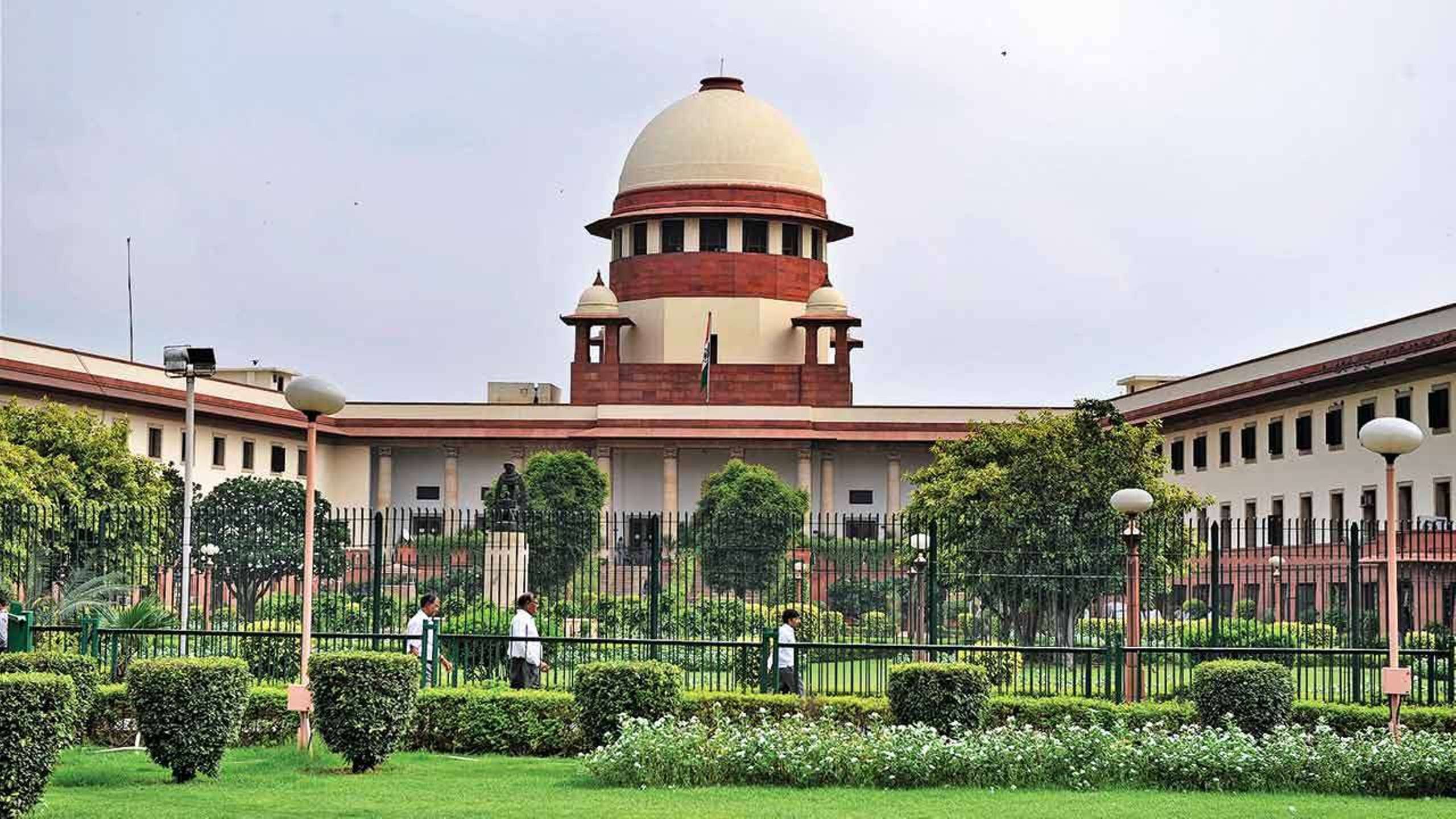Parity in justice

The Supreme Court set aside the impugned order of Allahabad HC — granting bail to Ashish Mishra in the Lakhimpur Kheri case — and remitted it back to the High Court for consideration. While ordering the respondent to be taken under custody, the Supreme Court highlighted some key observations whose significance extends beyond the present case. The apex court highlighted the victim's right to be heard. The court pointed out that earlier the 'victim' — the de facto sufferer of a crime —had no participation in the adjudicatory process and was made to sit outside the Court as a mute spectator. Quoting from the Mallikarjun Kodagali case observation, the apex court pointed towards "secondary victimisation" through "repeated appearances in court in a hostile or a semi-hostile environment in the courtroom". However, with the 154th Report of the Law Commission — dealing with compensatory justice for the victim — and the report by the Committee on the Reforms of Criminal Justice, the ground for the amendment to the CrPC — providing for detailed rights of the victim — was laid out. The court clarified "that the rights of a victim under the amended CrPC are substantive, enforceable, and are another facet of human rights", adding that "these are totally independent, incomparable, and are not accessory or auxiliary to those of the State under the CrPC". The apex court held that in the present case, "the 'victims' have been denied a fair and effective hearing at the time of granting bail to the Respondent Accused". The apex court's emphasis on the victim's rights is indeed reassuring and in sync with the present-day evolving jurisprudence where the onus of proving innocence is increasingly being shifted towards the victim. In the present case, amid the allegations that the accused may be supported by certain political parties, the SC's order towards empowering the victim is laudatory. Further, pointing out that the discretion of High Courts and Session Courts under Section 439 of the CrPC is not "unfettered", the SC observed that "the High Court or the Sessions Court must grant bail after the application of a judicial mind, following well-established principles, and not in a cryptic or mechanical manner". As a precedent, the court cited 'Kanwar Singh Meena v. State of Rajasthan where the bail granted to the accused was set aside because the relevant considerations and prima facie material were ignored. Essentially, the court implied if any bail order is illegal or perverse, competent jurisdiction can set aside the order. In the specific case, the court observed: "that a Court, while deciding an application for bail, should refrain from evaluating or undertaking a detailed assessment of evidence, as the same is not a relevant consideration at the threshold stage" — stating that it may lead to prejudice. This observation was made in reference to paragraph 25 of the impugned judgement whereby Allahabad High Court dealt with details of the investigation. A part of the paragraph reads that "role of firing was assigned to the applicant for killing the protestors, but during the course of investigation, no such firearm injuries were found either on the body of any of the deceased or on the body of any injured person." Still broader question is that of "tearing hurry" shown by the Allahabad High Court which didn't even entertain the application for re-hearing by the appellants. The Lakhimpur Kheri incident and the resulting violence led to the death of eight persons. Surrounded by the context of farmers' protest, the incident took the political colour, and political motives behind the incident can also not be ruled out. In such a scenario, the judiciary must keep itself free from political pressure and undertake rigorous legal analysis so that the rights of any of the parties are not affected. Any laxity in such an approach may provide undue advantage to a particular side. The Supreme Court's intervention is a big thing and the Allahabad High Court should take it seriously in order to deliver justice.



